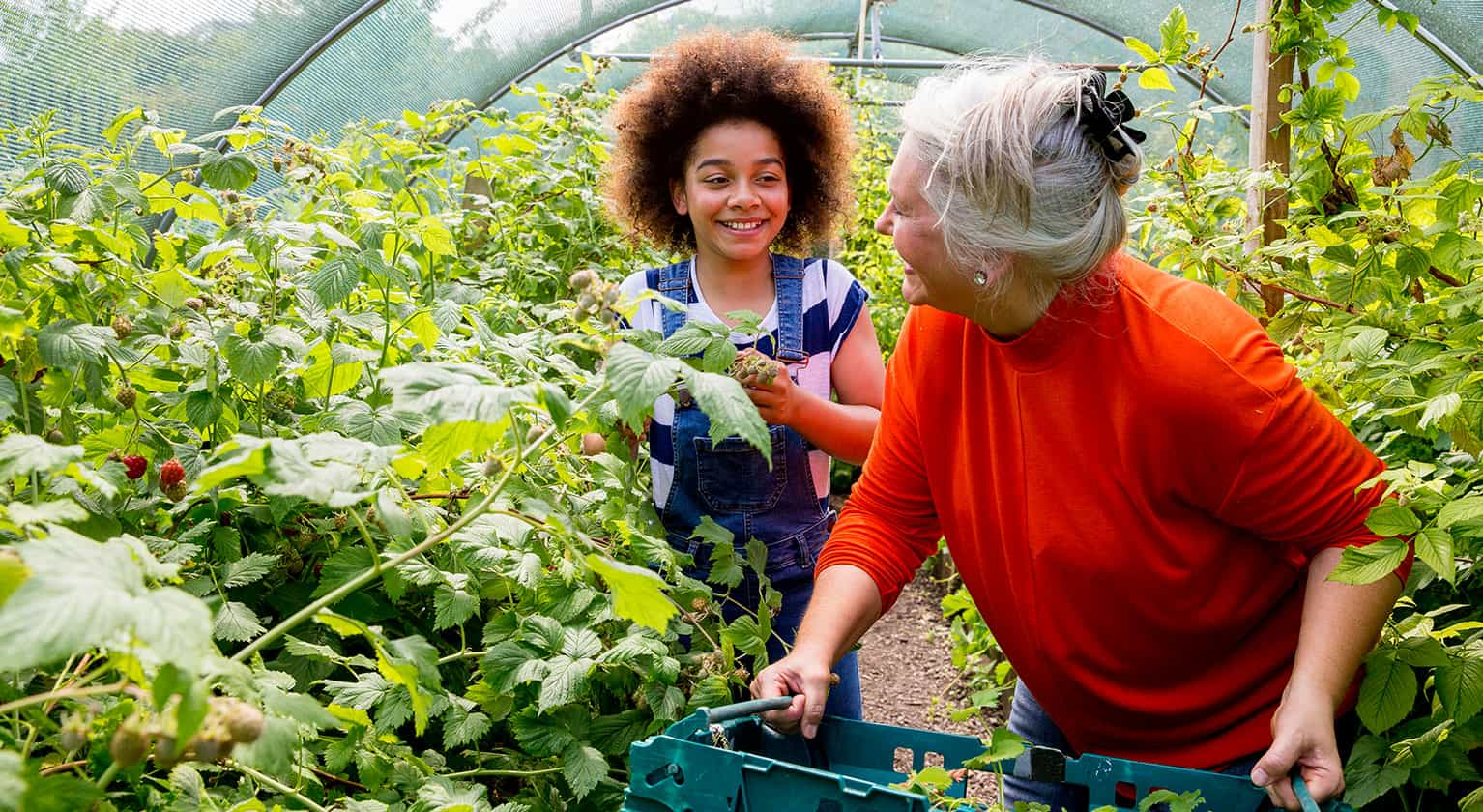The link between pension funds and biodiversity
The UK’s nearly £3 trillion in pensions have a crucial role to play in driving responsible, nature-focused investment. The problem is, despite it being two years since the publication of The Dasgupta Review – which called for changes in how economic success is thought of and measured to protect the natural world – the financial services industry needs to do much more on nature action.
The silver lining is that many of our customers do care about the impact their investments are having on the environment, and want to make positive changes. This is evident from our numerous surveys, which have shown pension savers are concerned about the impact of their investments on the world around us, and want companies to have policies which ‘consider, measure and report’ the impact on nature loss and biodiversity degradation.
Moreover, 86% of respondents in our 2022 Retirement Report said they were interested in sustainable investment and 72% of respondents to our inaugural Green Pensions Survey said it was important to them that their employers invest their pensions sustainably.6
The need for action
We’re calling on the UK Government and regulators to deliver transformative policy action that demonstrates leadership on the global scale, supports mobilisation of nature-positive capital from the finance sector, and optimises cross-stakeholder collaboration.
This is crucial. Right now, the UK’s natural environment is in rapid deterioration with one in seven native species facing extinction and 40 percent in decline.7 The UK Government should be demonstrating leadership in tackling this crisis and integrating nature-related risks and targets into all policy and regulatory matters going forward.
In collaboration with Global Canopy and Make My Money Matter, we have contributed to the development of deforestation guidance for the pensions industry. The guidance issued encourages pension funds and pension providers to measure and disclose deforestation risk within their investment portfolios, plus develop strategies to avoid contributing to deforestation. Our own strategies involve using data collected and distributed for public use such as Global Canopy’s Forest 500 and Zoological Society of London’s (ZSL) SPOTT, to put us in a better position to measure our own our impact on deforestation.













